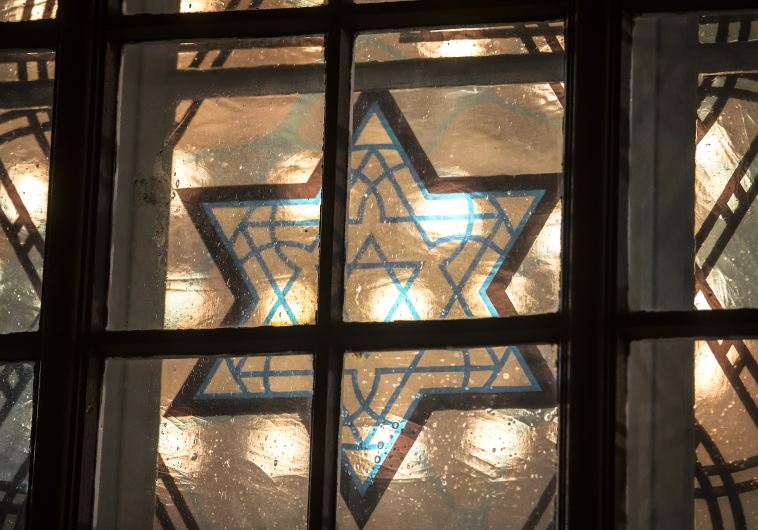Open Orthodoxy outside bounds of tradition, says European rabbinical group
The Conference of European Rabbis declared the nascent Open Orthodox ideological movement beyond the pale of traditional Judaism last week.
 A window is pictured with the Star of David in a new synagogue in Cottbus, Germany
A window is pictured with the Star of David in a new synagogue in Cottbus, Germany